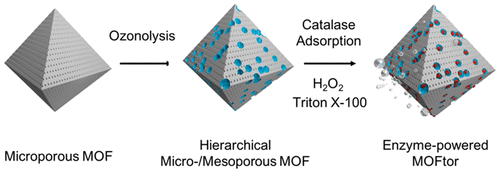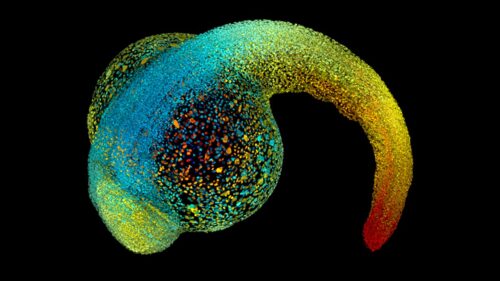 Àngels López
Àngels López
Research Assistant at the Smart Nano-Bio-Devices Group

Application Deadline: 15/02/2021
Ref: RA-SS.21
The nanodevices group at the Institute for Bioengineering of Catalonia (IBEC) is looking for a Research Assistant to join the working group of nanomotors working alongside the rest of the team in highly multidisciplinary projects in the line of research.
IBEC International PhD Programme 2021
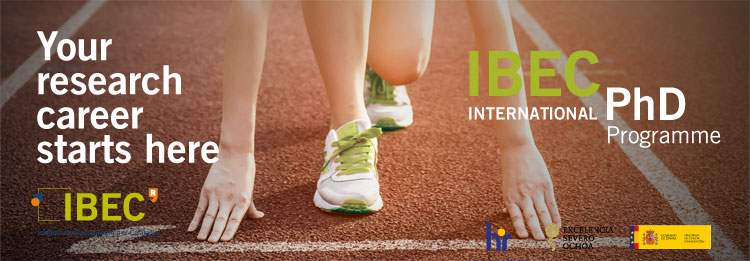 Application Deadline: 26/03/2021
Application Deadline: 26/03/2021
In the framework of the Severo Ochoa, the Institute for Bioengineering of Catalonia (IBEC) is launching the fifth International PhD Programme 2021, 4 fellowships will be offered funded by the Spanish Ministry of Science and Innovation, through the ‘Ayudas para contratos predoctorales para la formación de doctores’ 2021-call. 1 more PhD fellowship will be funded by IBEC.

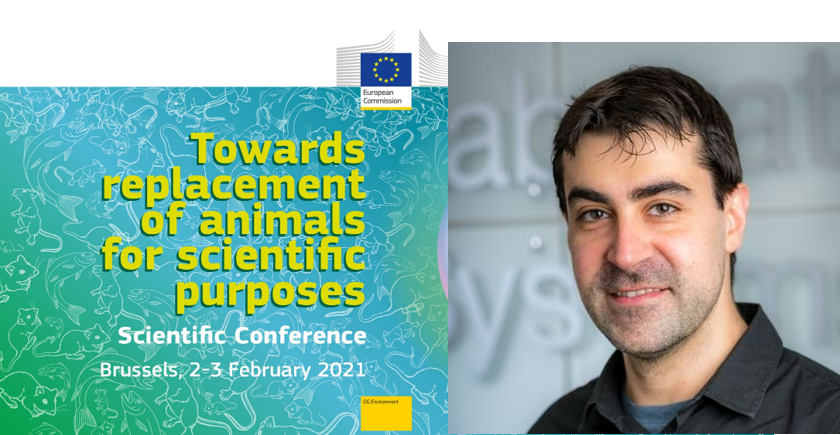
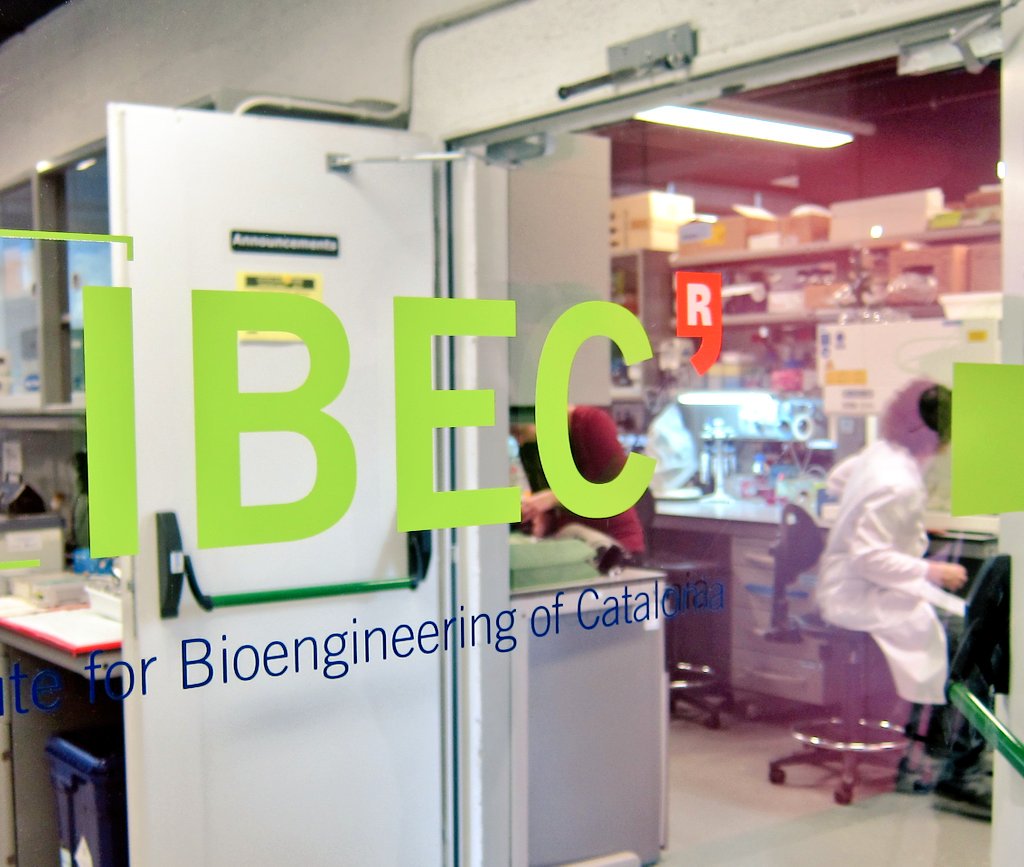
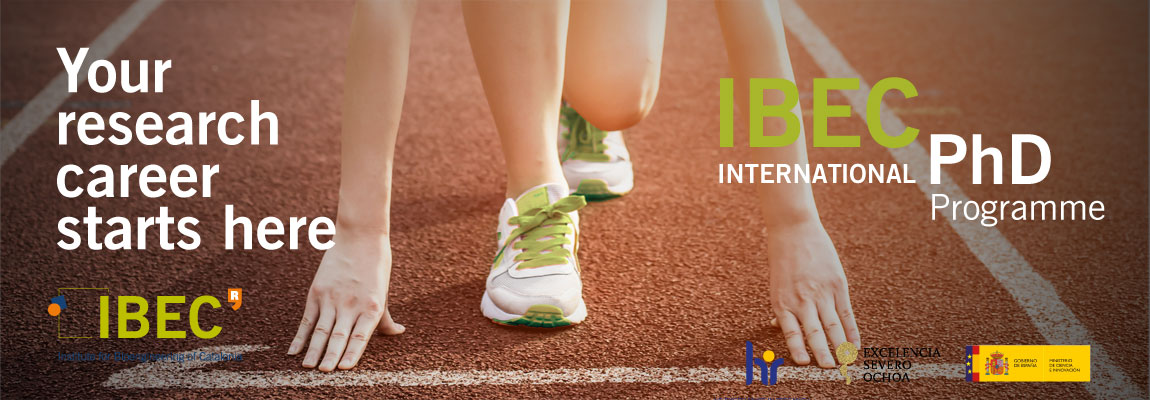
 Did you know that IBEC holds an HR Excellence in Research logo that must be renewed every 3 years? Soon we will start a phase of diagnosis to define a new Action Plan and optimise the current one.
Did you know that IBEC holds an HR Excellence in Research logo that must be renewed every 3 years? Soon we will start a phase of diagnosis to define a new Action Plan and optimise the current one.
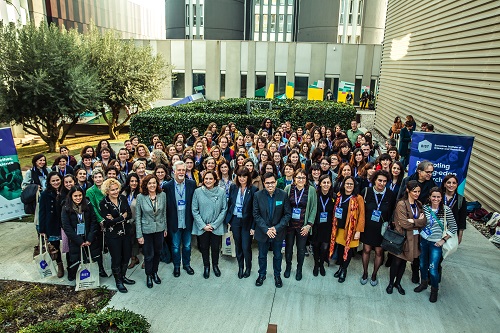
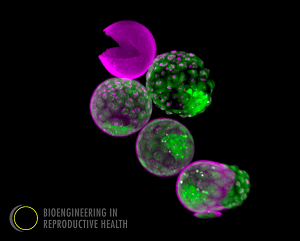
 Oxolife, the biotechnological startup focused on the development of drugs to improve female fertility, and the Bioengineering for Reproductive Health laboratory of the Institute for Bioengineering of Catalonia (IBEC), will combine two pioneering technologies for the study and treatment of infertility.
Oxolife, the biotechnological startup focused on the development of drugs to improve female fertility, and the Bioengineering for Reproductive Health laboratory of the Institute for Bioengineering of Catalonia (IBEC), will combine two pioneering technologies for the study and treatment of infertility. 
